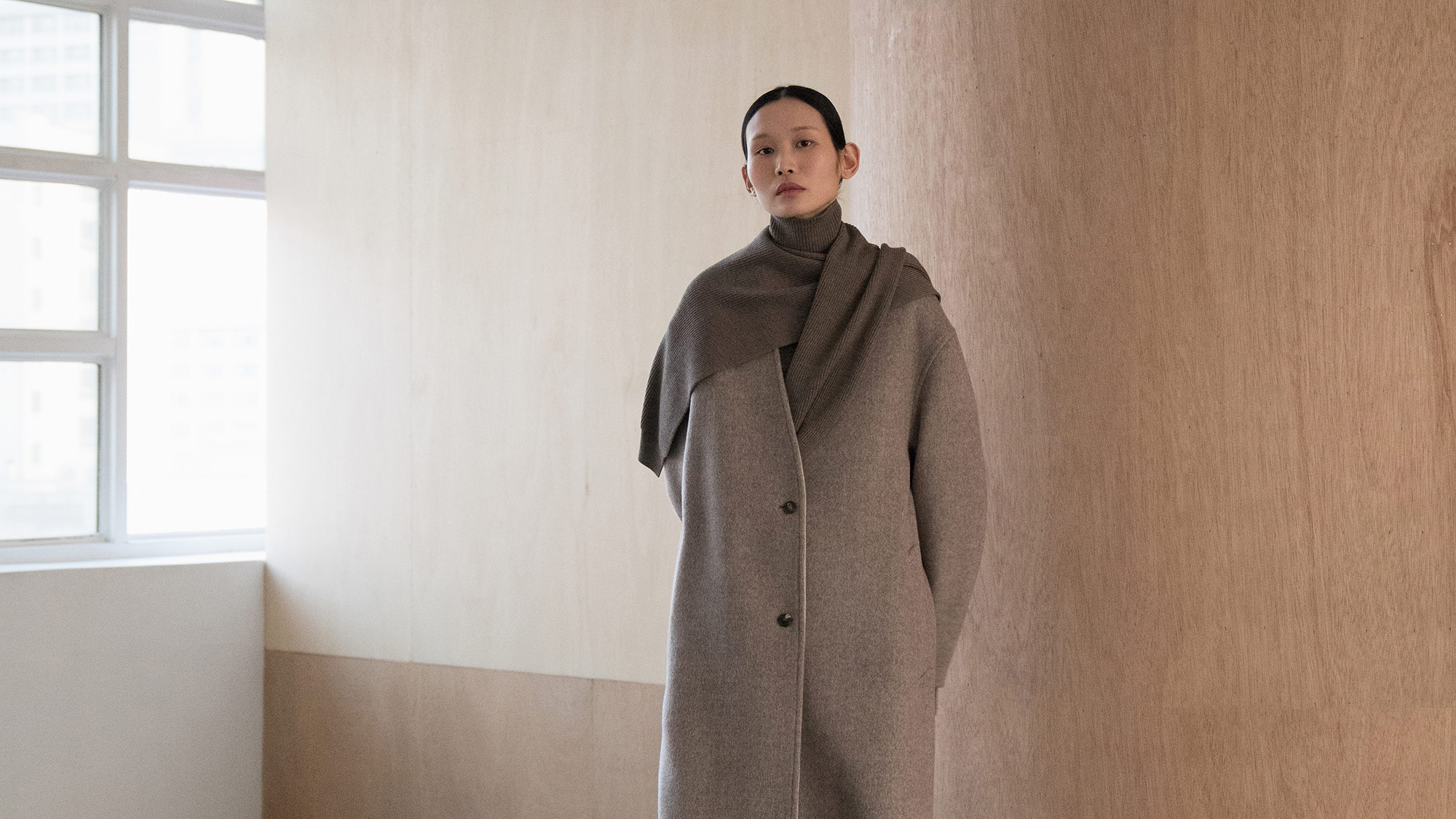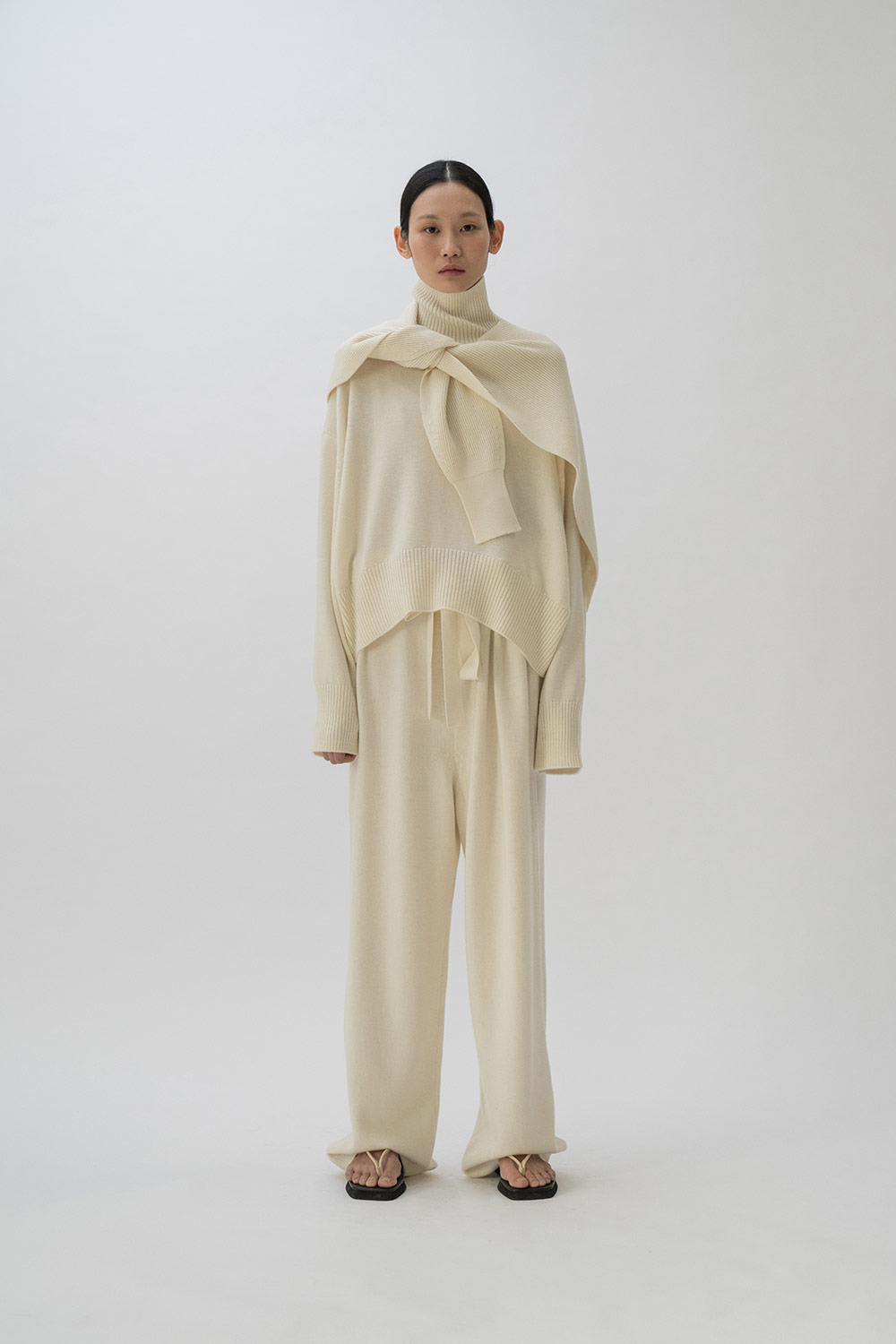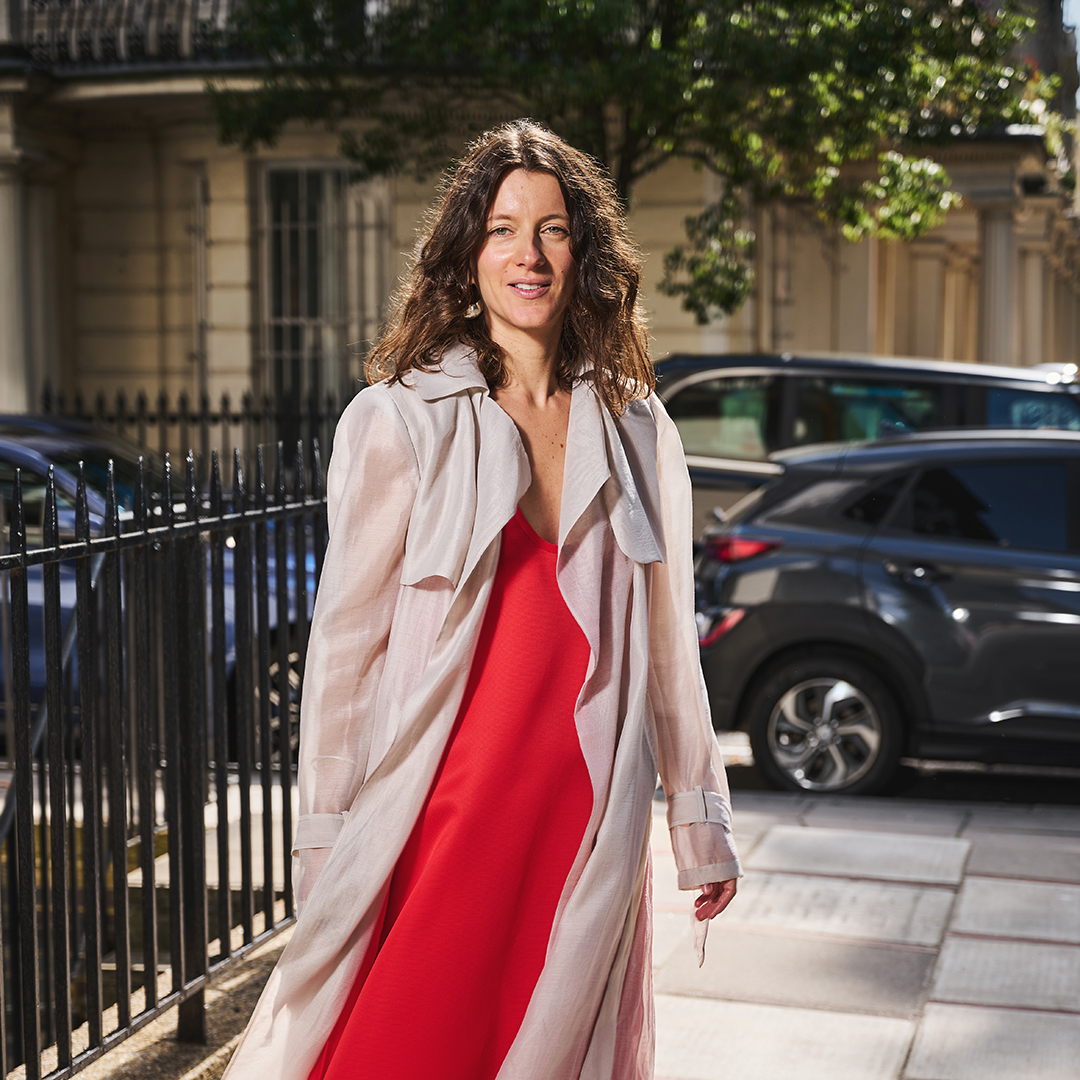The sustainable influencer-approved brand taking over Instagram


Celebrity news, beauty, fashion advice, and fascinating features, delivered straight to your inbox!
You are now subscribed
Your newsletter sign-up was successful
The pandemic has hit many sector hard, including fashion, with several high street brands and designers announcing cuts and closures.
However one sustainable fashion brand who seems to have carried on thriving through it is LE 17 SEPTEMBRE. The Koren brand isn't technically new. It was founded in 2013 in Seoul by former blogger Eunhye Shin (it is named from her birthday and uses what she wants to wear daily as inspiration), yet only made it onto the international scene last year, and I've seen it pop up more and more on my Instagram ever since.
Influencers such as Monikh Dale, Alexis Foreman, Brittany Bathgate, Shini Park and Bianco Miro are all fans, and it's easy to see why they've gravitated towards the clean and minimalist silhouettes during this heatwave (and beyond).
Not only are the designs timeless, they are also responsibly made in small amounts, ensuring minimal waste. I asked the brand's designer, Grace Shin, how the label has evolved in lockdown.
When can we expect the gorgeous new designs to launch?
Thank you for your kind words! The FW20 collection will be presented in mid-August at Net-A-Porter and is already available for preorder at Moda Operandi. LE 17 SEPTEMBRE has debuted on international market with pre-fall’19 collection in Paris - and within its first season was chosen to be part of The Vanguard project at prestigious online retailer Net-A-Porter.com.
Since then the brand has developed a solid representation among Europe, US and Asian markets and has received wide support among international press.
How has the brand evolved since the pandemic?
We began to develop the ecological vector long before the pandemic. Since the first collection, production has been limited to avoid overproduction and reduce emissions. Our society is chaotic lately because of covid-19 which has swept the world. But one thing is clear for sure: now, after the pandemic, brands can no longer work as before.
Celebrity news, beauty, fashion advice, and fascinating features, delivered straight to your inbox!
Sustainability became much more important and urgent issue in fashion industry. Designers should not only adapt to the consumer's request, but also be strongly aware of their responsibility. For this reason, we are still looking for ways to go greener and more sustainable with each new collection.
Do you think it has changed the way you will design/work as a company going forward?
I do not think that this radically affected the processes in the company, since initially we set for ourselves the corresponding goals, understanding how our consumers and ourselves want to see the brand. Minimising waste and package, creating durable, high quality timeless garments at a reasonable price point, maintaining production as green as possible - we have chosen this way from day one.

For example, with the FW20 collection we have introduced recycled polyester and undyed cotton yarn which is more environmentally friendly due to absence of pollution from dyes. I believe that I’m still in the course of refining the whole process every day. However, one cannot fail to notice, that the changes that we planned began to occur faster. The pandemic made it clear that we are going in the right direction, yet we still have a long road ahead of us, this task has become a top priority for our team.
You are focused on sustainability, how important is it to you?
Sustainability is incredibly important. Even the largest companies with their own offline retail, which, at one time, became the flagships of fast fashion around the world are working to develop a sustainable shift. As the definition implies, I think sustainable fashion is not limited to a mere product, but it is a philosophy that also embraces design processes, supply chain strategies and consumption practices.
That’s why we are not limited to innovations with the Fall-Winter 20 collection, but we are working on optimising the entire process chain every day so that it meets the expectations and values of the post-pandemic world.
You have a big social presence, is it a big aspect of your business?
Instagram opened up a whole new world for this generation – it has no limits. A few years ago, I was just a small domestic business owner. But when I started sharing stories and designs on Instagram, the viewer range became very diverse and global. Instagram became such an important channel in expressing and connecting our Le917 DNA.
Also, it is one of the reasons I could keep the retail price so reasonable: It allowed me to save a lot of marketing expenses.I try to return these expenses back to our customers by investing in high-quality fabrics.

Penny Goldstone is the Contributing Fashion Editor at Marie Claire UK. She writes about catwalk trends and the latest high street and Instagram sartorial must-haves. She also helms the Women Who Win franchise.
She has worked in fashion for over 10 years, contributing to publications such as Cosmopolitan, Red, Good Housekeeping, and Stylist.